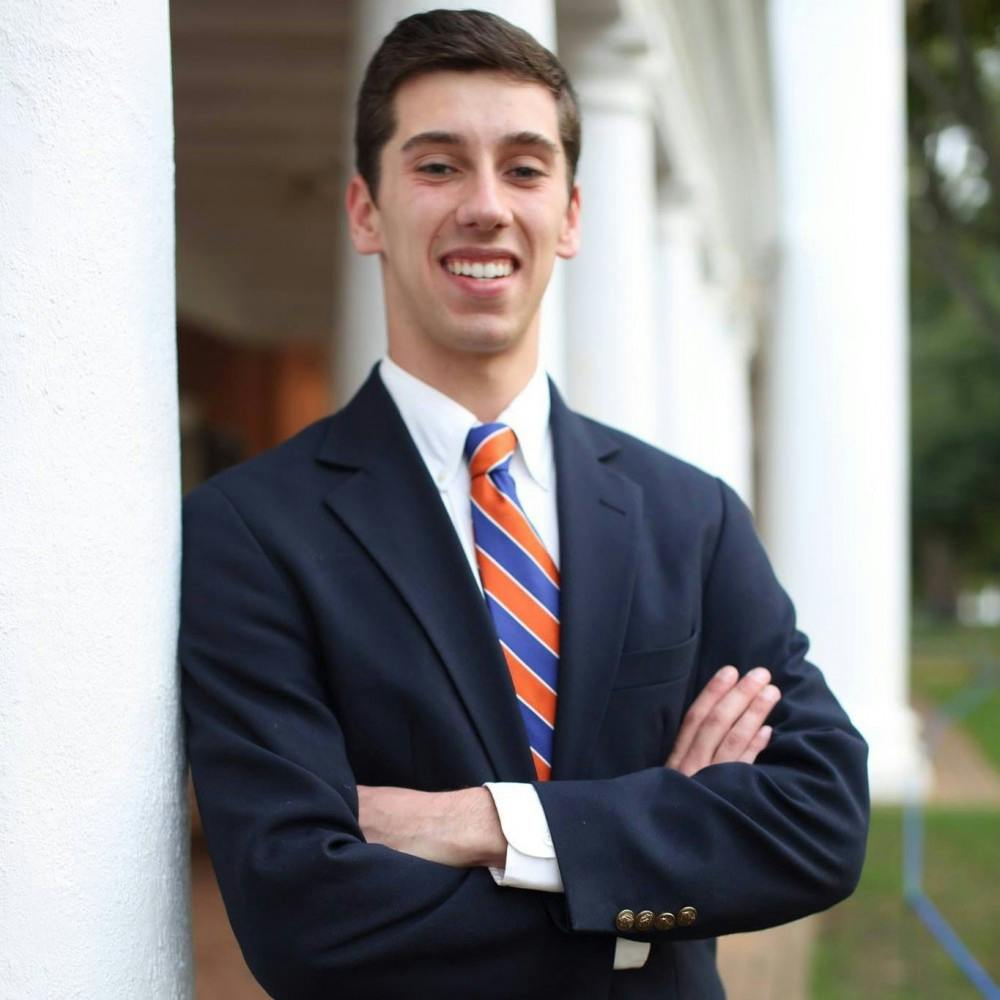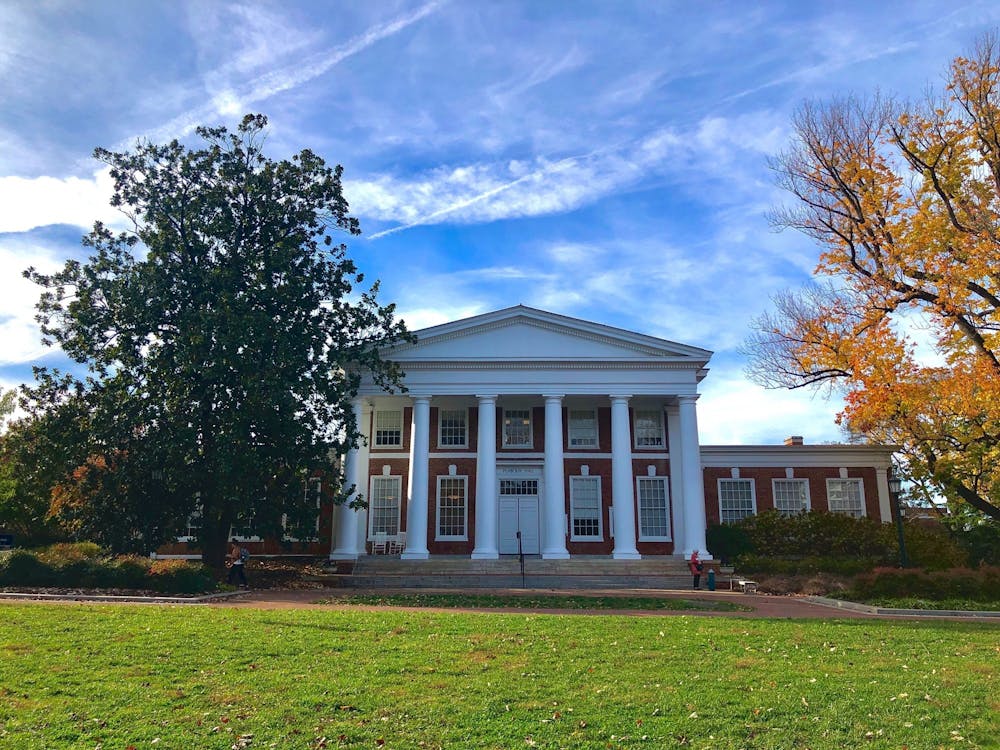The University Judiciary Committee elected third-year Engineering student Kevin Warshaw as chair of its executive committee for the upcoming term during a closed meeting of the newly-elected UJC committee members Sunday evening. Four executive committee vice chairs were also chosen in the closed session.
Warshaw currently serves as vice chair for first years and will be succeeding Law student Peter Bautz as chair.
In an interview with The Cavalier Daily, Warshaw said his prior role as vice chair for first years helped provide him with ample institutional knowledge and prepared him for a term that he would like to see focus on greater outreach.
“The role … was very outreach-oriented, which I think is going to be one of the main focuses for our committee,” Warshaw said. “I feel like that really just gives me a great understanding of what recruitment tactics work well, what outreach tactics work well.”
Warshaw said that a main goal for his time as UJC chair would be following up with his platform initiative to improve communication between UJC and minority groups through creating a Diversity and Engagement Committee.
“One goal that I’d like to see us pursue further is the Diversity and Engagement Committee. This was an idea that was central to my platform,” Warshaw said. “[We would] work towards improving coordination between UJC and the minority community and also just add a layer of accountability to those communities as well … by having a variety of representatives from minority organizations and having them present issues that are affecting their respective communities to UJC and then just sort of working as a group to solve those problems.”
In addition to Warshaw, Megan Routbort, who is a third-year College student and rising Commerce graduate student, was elected vice chair for trials. Second-year College student Sam Powers was elected vice chair for first years, third-year College student Jordan Arnold was re-elected vice chair for sanctions and Batten graduate student Stephanie Ibanez was elected vice chair for graduate students, a new position implemented as part of recent changes to UJC bylaws.
The UJC executive committee will have 12 members beginning with the upcoming term.
The 12 members are comprised of five voting members, five non-voting members, and two ex-officio members. The chair and vice chairs comprise the voting members, while the senior counselors, senior investigator, senior educator and senior data manager comprise the non-voting members. The chair and vice chair of the First Year Judiciary Committee are the ex-officio members.
Bautz said in an email to The Cavalier Daily that non-voting members would be appointed by the new voting members within the next several weeks.
According to Bautz, outreach will be a key aspect of the executive committee’s work during the upcoming term, as well as diversity-related initiatives.
“Outreach is a very important thing. I think diversity is another area,” Bautz said. “I know that from elections [Sunday], that pretty much everyone has been talking about it and thinking about ways that we can try and reach out to the community.”
Ibanez also said in an email to The Cavalier Daily that one of UJC’s top goals for the upcoming term is improving outreach efforts, especially to graduate students.
“This year our [executive committee] is concerned with increasing outreach efforts,” Ibanez said. “I want to increase our visibility among graduate students across all schools, including those not located on Central Grounds.”
Routbort said she believes not enough has been done within UJC to reach out to underrepresented communities throughout Grounds, and Warshaw’s campaign platform of outreach would help to alleviate that issue.
“I don’t think there’s been enough focus on making sure that the U.Va. community knows that UJC is committed to those values and that we’re committed to the rights of minority students,” Routbort said. “Our chair, Kevin Warshaw, really ran on a personal platform about the importance of outreach to the diverse and underrepresented communities at U.Va.”
One way the UJC has been attempting to improve engagement throughout the University is through the Safer Communities Initiative — a UJC-sponsored program that focuses on facilitating discussion and engagement between UJC and administrators, varying student groups and local law enforcement.
Arnold and Powers will remain co-chairs of the SCI.
“When I ran, I did so with the hope that I'd be able to continue to co-chair the SCI,” Arnold said. “I hope that the SCI will be a space for students — especially those without the same privileged relationship with admin and police that we have — to air their concerns and create productive paths forward.”
“[Continuing to co-chair SCI is] something I’m looking forward to, because it’s a good way for us to dialogue about safety as it intersects with different student interests,” Powers said.
Bautz said the newly elected voting members are highly experienced and will guide UJC in a positive direction.
“The new Voting Members have a wealth of experience on the UJC in many different roles, including other executive committee positions,” Bautz said. “I have every expectation that we’ll continue to go in a good direction in the next year.”
The next term will begin April 1, with ex-officio members beginning their term Oct. 1.






